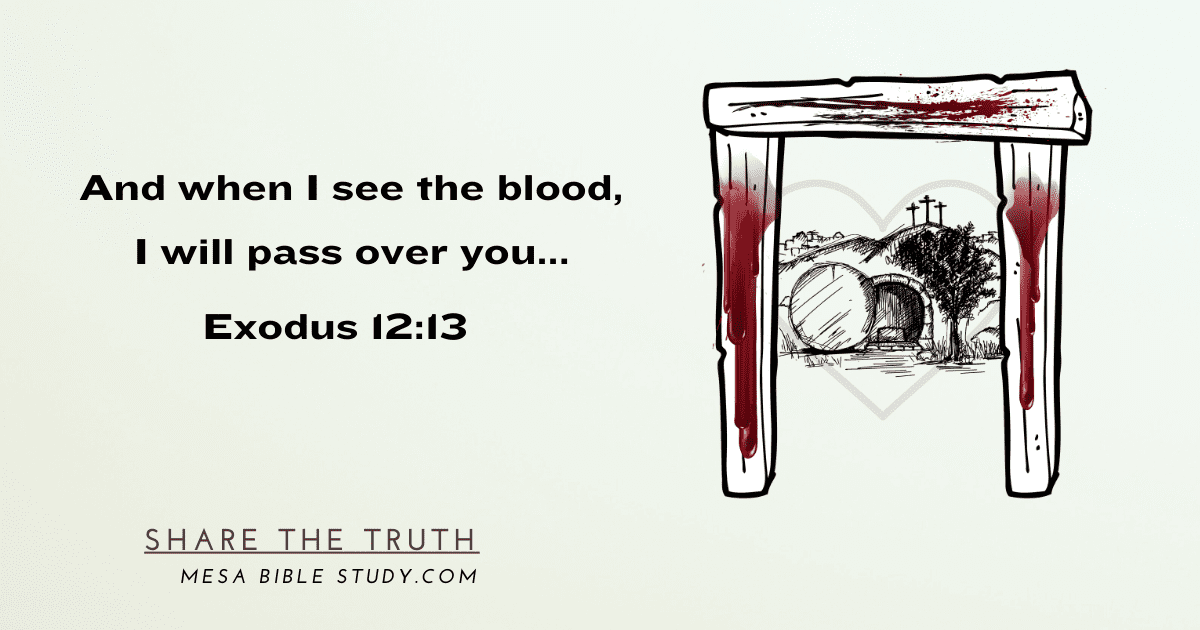The principle that, without the shedding of blood, there can be no remission of sins is an enduring truth and absolute in the Scriptures, transcending both the Old and New Testaments. In Exodus 12:13, the Passover lamb’s blood serves as a mark of protection, foreshadowing the redemptive work of Christ on the cross.
Hebrews 9:22 underscores this theme, stating that “without the shedding of blood, there is no forgiveness of sins.” This biblical absolute highlights the significance of Christ’s ultimate sacrifice on the cross, wherein His blood became the essential propitiation for redemption.
The apostle Paul further expounds this concept in Romans 3:24–25, affirming that believers are “justified by His grace” through Christ, who is the propitiation through His blood.” Romans 5:9 echoes this sentiment, declaring that we are “justified by His blood” and thereby saved from God’s wrath.
In Ephesians 1:7, Paul emphasizes redemption through Christ’s blood, culminating in the forgiveness of sins. The apostle Peter concurs, stating in 1 Peter 1:18–19 that believers were redeemed “with the precious blood of Christ.”
The takeaway is that these passages underscore the indispensable role of Christ’s blood in securing salvation and the remission of sins. Just as the blood on the doorposts marked the Israelites’ deliverance, Christ’s blood serves as the means of forgiveness for our sins and reconciliation for all who believe.
‘being justified freely by his grace through the redemption that is in Christ Jesus: whom God hath set forth to be a propitiation through faith in his blood, to declare his righteousness for the remission of sins that are past, through the forbearance of God; ‘
Romans 3:24-25

0 Comments